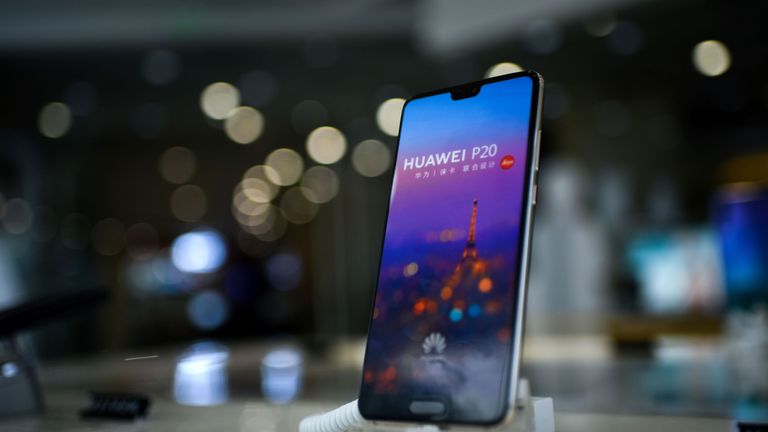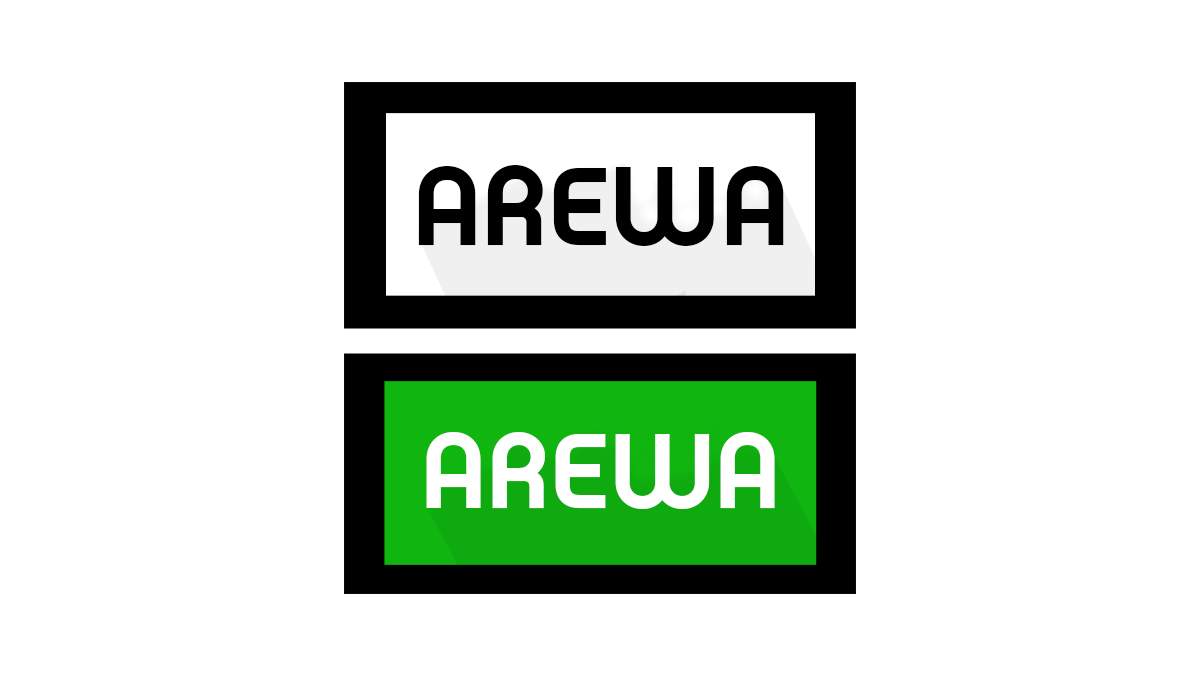Jeremy Thompson, the Chinese telecom giant’s executive vice president, was speaking as it attempted to calm security fears over its technology by offering to sign “non-spying” agreements – including with the UK government.
The prime minister has come under fire since sources confirmed last month that the National Security Council, chaired by Theresa May, had backed the use of Huawei technology in “non-core” 5G network infrastructure.
:: Huawei gets green light for UK 5G role
That was despite a warning from the National Cyber Security Centre (NCSC) and the US government that the company posed a threat.
President Donald Trump is expected to sign an executive order later on Wednesday banning US companies from using its technology.
While Huawei has always denied a link to espionage, it has a legal obligation to cooperate with China’s intelligence agencies.
The company says information has never been requested about its customers from the Chinese state and its founder has insisted he would rather shut down Huawei than accept any request to collect intelligence via its systems.
The issue of trust in the firm’s links to the Chinese government has become a wider issue for companies across China as the country’s trade war with the US escalates.
Washington accuses Beijing of intellectual property theft and forced transfers of technology.
Mr Thompson said Huawei recognised the concern but said those nations, including Japan and the US, that had banned Huawei tech from their 5G networks had “called it wrong”.
He told Ian King Live: “If it helps, we will sign a non-spying agreement with the UK government. There are mechanisms already in place within the UK in fact, according to the NCSC, the most rigorous activity with Huawei gloablly, but if it requires us to sign a non-spying agreement we’d be very happy to do that.
“We’re in unusual times and the press is full of articles… about ‘Huawei is not a company that they want to do business with’ so we recognise we need to go the extra mile.”
He accused the US of under-investing in its 5G network in contrast to the UK where he said plans were much further advanced – with 5G trials getting under way.
Vodafone confirmed this week it was continuing its plans to use Huawei technology, such as antennas, in its non-core network – in line with the limits placed on Huawei involvement agreed by the government.
Mr Thompson said the industry was largely awaiting the conclusions of a review by the government before committing to 5G expansion plans.
He spoke to the programme following the release of a report Huawei commissioned from Oxford Economics exploring its contribution to the UK economy.
The study claimed it had contributed £1.7bn last year and supported more than 26,000 jobs.



